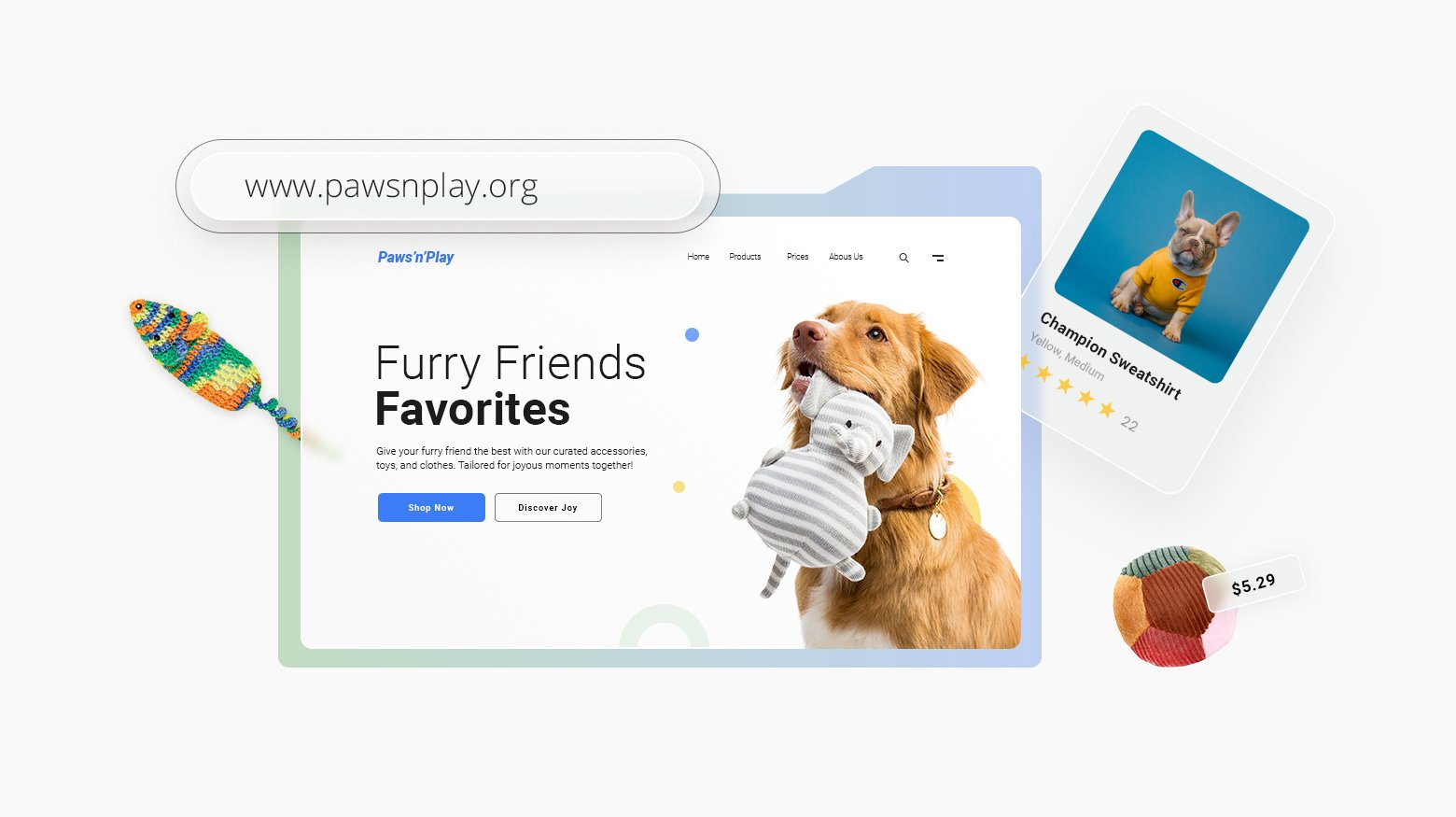Starting a business in Washington is an exciting journey filled with opportunities to bring your ideas to life and create something meaningful. As you begin, it’s important to focus on refining your business concept, understanding your market, and developing a clear vision for your products or services.
Thoughtful planning will help set the foundation for long-term success, from understanding financial needs to crafting strategies for growth. With the right approach and preparation, you’re on the path to turning your entrepreneurial dreams into a reality in Washington’s dynamic business landscape.
Determining your business structure
Choosing the right business structure in Washington is crucial for your venture. It’s important to understand the different entities available because each has its own rules, benefits, and limitations.
Sole proprietorships and partnerships
As a sole proprietor, you are the only owner of the business. This is the simplest and least expensive way to start a business in Washington. You have full control but are also personally responsible for any debts or legal actions against your business.
In a general partnership, two or more people share ownership. Partners manage the business together, sharing profits and losses. Each partner is personally liable for the debts and obligations of the business. A limited partnership includes both general and limited partners. Limited partners invest but do not have management authority, and their liability is limited to the amount they invested.
Limited liability companies (LLC)
A Limited Liability Company (LLC) offers the flexibility of a partnership with the liability protections of a corporation. As an LLC owner, or member, you are not personally responsible for business debts and liabilities.
LLCs are popular for their flexible management structures and tax options. In Washington, you’ll need to register your LLC with the Secretary of State and pay the required fees. You can also choose how you want your LLC to be taxed: as a sole proprietorship, partnership, or corporation.
Corporations
A corporation is a legal entity separate from its owners, offering strong liability protection. This means your personal assets are protected from business debts and actions. Corporations can be taxed as Profit Corporations or Nonprofit Corporations. Profit corporations aim to earn profits and pay dividends to shareholders. Nonprofit corporations focus on a social, educational, or charitable objective and often have tax-exempt status.
Forming a corporation in Washington involves more complexity, including filing Articles of Incorporation, creating bylaws, and holding annual meetings. You have a board of directors who oversee operations, and you may issue stock to raise capital.
Creating a business plan
When starting a business in Washington, it’s important to have a solid business plan. This will help guide you in making crucial decisions and prepare for potential challenges. It includes understanding your market and planning your finances carefully.
Market analysis and strategy
Understanding your market is key to building a successful business. Start by researching your industry, potential customers, and competitors.
- Identify your target market. Determine who your customers are and what they need.
- Analyze competitors. Look at what similar businesses offer and how you can differentiate.
- Develop strategies. Think about how you’ll reach and attract your customers effectively.
Use tools from the Small Business Administration to help with your analysis. These tools can guide you in gathering useful data and planning strategies that set you apart.
Financial planning
Financial planning involves projecting your expenses and revenue to understand how much money you need and can earn.
- Estimate costs. List all expenses needed to start and run your business, including equipment, rent, and supplies.
- Consider funding options. Look into savings, loans, or investors. Options such as SBA loans can be a good starting point.
- Create financial projections. Predict your income and expenses monthly to track progress.
Having a detailed financial plan helps attract potential investors and manage resources wisely. Use templates or tools available online for creating budgets and financial forecasts.
Registering your business and naming
Choosing the right name for your business is crucial and involves several legal steps. Registering your business with Washington State ensures that your business name is protected and recognized legally.
Selecting a business name and trade name
Start by picking a unique name for your business. It is important to ensure the name you choose isn’t already in use. You can check name availability through the Washington Secretary of State‘s website.
If your business will operate under a different name from its registered name, you’ll need a “doing business as” (DBA) name, also known as a trade name. The Unified Business Identifier (UBI) number you receive will be tied to this name. Ensure your trade name complies with state regulations by checking requirements through the Washington Department of Revenue.
Registration requirements and processing
To legally operate in Washington State, you must register your business with the Washington Secretary of State. Begin by creating an account on their website. Then fill out the necessary details and submit your registration forms.
You’ll also need to obtain a Unified Business Identifier (UBI), which acts as your business’s ID number in Washington. The Business Licensing Service offers a Register Your Business tool, guiding you through the process. Remember to prepare any required documents and pay the applicable fees. Once your registration is approved, you can legally start your business operations in the state.
Obtaining required licenses
To start a business in Washington, you need a general business license and any specialized licenses relevant to your industry. This section will guide you through the necessary steps.
General business licensing
Getting your general business license is one of the first things you need to do. In Washington, this is done through the Department of Revenue. You’ll need to fill out the Business License Application using the Business Licensing Service.
It’s best to first create an online account in My DOR. This account will be crucial for filing taxes and making changes to your business later. Processing this application usually takes about 10 business days. If your business requires city or state endorsements, expect additional approval time.
Steps to get a general business license:
- Visit the Department of Revenue’s website.
- Create an account or log in to My DOR.
- Complete the Business License Application.
- Submit the application and necessary fees.
- Wait for processing and any additional endorsements needed.
Specialty licenses for specific industries
Some industries require more than just a general business license. For example, businesses dealing with alcohol or marijuana need special permits.
If you’re opening a food-related business, you might need kitchen and food handler permits. These might be issued by the Washington Department of Agriculture. The Washington State Liquor and Cannabis Board oversees licenses related to alcohol and cannabis.
Things to consider for specialty licenses:
- Identify whether your business falls under any specialized industry regulations.
- Contact relevant state departments for specific license requirements.
- Ensure all staff involved in handling food or beverages have the necessary permits.
Each industry may have its own set of rules. It’s essential to ensure you have all required licenses before starting.
Understanding taxes and insurance
When starting a business in Washington, it’s important to be aware of your tax responsibilities and insurance needs. You’ll have to navigate various taxes like sales tax and consider types of insurance such as unemployment and workers’ compensation.
Navigating tax obligations
Begin by obtaining an EIN (Federal Employer Identification Number) from the IRS. This number is essential for tax filing. You also need to address sales and use taxes, which are managed by the Washington Department of Revenue.
Sales tax applies to the sale of goods and services, while use tax applies to goods purchased outside of Washington but used within the state. Regularly file these taxes with the Department of Revenue to stay compliant.
If you have employees, you must consider state unemployment insurance taxes. For these, employers pay a percentage of their gross payroll. Staying on top of these obligations helps avoid penalties and keeps your business running smoothly.
Acquiring necessary insurance
Insurance is crucial to protect your business from unforeseen events. Start by exploring business insurance to cover property damage, liability issues, and more. Additionally, if you have employees, workers’ compensation is a requirement in Washington.
This insurance helps cover medical expenses and wage replacement for employees injured on the job. Consider contacting a licensed insurance provider to get guidance on any specific insurance needs for your industry.
Also, make sure to revisit your coverage annually. As your business grows, insurance needs might change, and it’s important to make the necessary adjustments. Having the right insurance ensures that you’re well-protected from potential risks.
Finances and funding
Understanding your finances is key to starting a business in Washington. Consider various funding options and organize both personal and business finances carefully. It’s important to know where to look for help and resources.
Exploring business funding options
When starting your business, explore different funding possibilities. You might think about applying for microloans. They can be a great option if you’re not looking for a large amount but need help getting started.
Visit the Small Business Development Center for guidance on local funding programs. They often have insights into available grants and loans. Don’t underestimate the power of community programs, which might offer financial aid tailored to your business needs.
Retirement savings can also be a potential source if you explore the Retirement Marketplace for self-directed options. Consider these choices thoroughly and weigh the pros and cons. Look into business grants and loans offered by Washington. These can be a valuable resource for fueling your startup’s growth.
Managing personal and business finances
To manage your finances wisely, separate personal and business accounts. This helps keep your transactions organized and simplifies accounting tasks. Set up a dedicated business bank account and possibly a business credit card. It is easier to monitor and report financial activities this way.
Develop a solid financial plan. Be sure to prioritize budgeting for your initial expenses and ongoing operational costs. To do this effectively, create a detailed list of expected costs and ongoing expenses.
It’s wise to consult with a financial advisor. They can offer customized advice, particularly about tax planning and savings strategies. Also, explore tools and software that can assist in maintaining records and generating financial reports. These resources will support you in staying on top of your business finances from the start.
Operating your business
Running a business in Washington involves creating an operating plan, managing employees, and ensuring compliance with state requirements. Understanding these elements is essential for smooth operations.
Crafting the operating agreement
An Operating Agreement outlines the company’s management structure and responsibilities. This document is crucial, especially for Limited Liability Companies (LLCs), as it establishes rules and roles among members and managers.
- Outline management roles: Decide who manages daily operations and who makes strategic decisions.
- Address profit distribution: Specify how profits and losses will be shared among members or shareholders.
- Include dispute resolution: Define a plan to handle disagreements, ensuring business continues smoothly.
Crafting a clear Operating Agreement helps avoid conflicts and ensures everyone knows their roles.
Hiring employees and reporting
Hiring the right team is vital for your business’s success. Follow these steps for hiring and reporting in Washington:
- Understand labor laws: Familiarize yourself with state labor laws and the Fair Labor Standards Act to ensure compliance.
- Register with tax agencies: Get an Employer Identification Number (EIN) and register for state taxes.
- Set up payroll systems: Choose reliable payroll software to handle wages, taxes, and benefits.
- Create a reporting schedule: Regularly report new hires and file necessary employment taxes with relevant agencies.
Using the Small Business Guide can help you navigate these requirements effectively.
Filing an annual report
Each year, you need to file an Annual Report with the Washington Secretary of State to maintain your business’s active status. This keeps your company compliant and updates important business information.
- Set a reminder: Mark your calendar to ensure you meet the annual filing deadline.
- Gather necessary details: Prepare updated contact information, shareholder records, and any recent changes.
- Complete filing: Use the Washington Business Registration Service to submit your report.
- Pay the fee: Include the required filing fee to avoid penalties.
Staying on top of these filings prevents disruptions in your business operations.
Compliance and growth strategies
Starting a business in Washington involves understanding various regulations and exploring growth opportunities. You need to ensure your business meets all legal requirements while planning for future expansion.
Meeting regulatory requirements
Compliance is crucial when running a business in Washington. First, register your business with the Secretary of State to secure your legal standing. You might need to obtain additional endorsements specific to your industry. For example, specialty wood products businesses often require special licenses.
Small business owners should connect with Small Business Liaisons for guidance. These professionals can assist you in navigating local and state regulations. It’s important to keep track of permits and renew them as necessary to avoid penalties.
Hiring professional services such as accountants or legal advisors can also ensure your compliance. They help manage crucial aspects like taxes and employment laws and keep you informed about any regulatory changes.
Expanding your business
Once your business is compliant, you can explore growth strategies. Start by analyzing the local business landscape to identify market trends and opportunities. Consider diversifying your products or services to attract a broader customer base.
Utilizing digital platforms to create an online presence can also drive growth. Creating a business website enables you to reach a wider audience. Invest in marketing strategies like social media to establish your brand.
Networking with industry peers can further aid expansion. Attend local business events and join trade associations to build connections and gain insights.
Planning for future growth involves understanding your financial needs. Seek funding options such as small business loans or investors to support your expansion efforts. Make sure your plans align with your long-term goals to maintain a sustainable growth path.
Conclusion
Starting a business in Washington provides numerous opportunities for entrepreneurs, thanks to the state’s strong economy, tech-driven industries, and focus on sustainability. By carefully planning, choosing the right business structure, and complying with local regulations, you can set a solid foundation for your business. With its diverse marketplace and supportive resources, Washington offers the ideal environment for businesses to grow and succeed. Embrace the possibilities and take the next steps toward turning your business idea into a thriving venture in the Evergreen State.
FAQ
What are the steps to register a new company in Washington?
What are the initial costs associated with starting a business in Washington?
How can I apply for a business license in Washington online?
What types of business structures are available in Washington state?
What is required to start a home-based business in Washington?
Can you recommend some profitable business ideas for Washington state?













